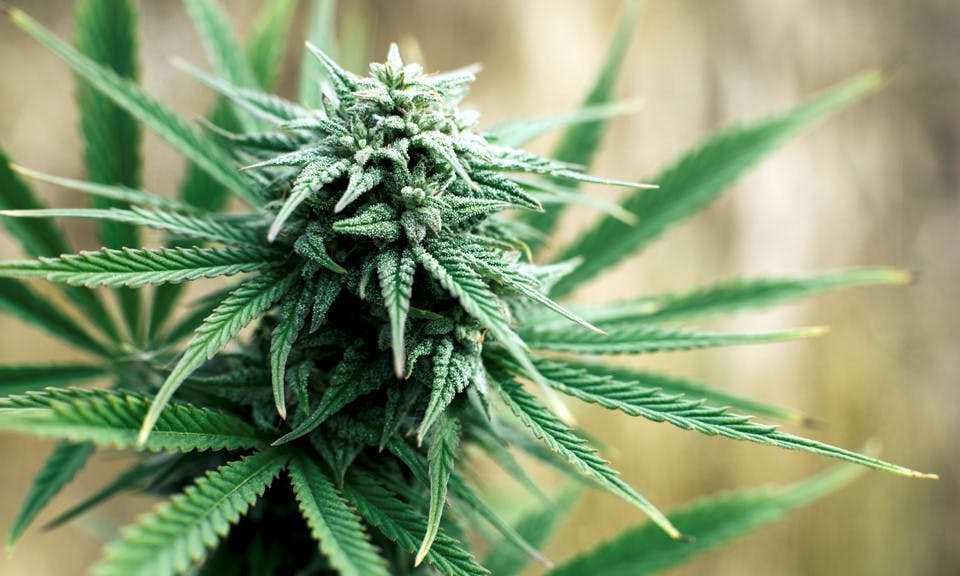Dry leaf cannabis is coming to Pennsylvania dispensaries following a decision by the state Department of Health, which on Monday approved a move to make whole-plant cannabis flower available to state medical marijuana patients.
The move is expected to lower costs and improve patient access to cannabis, which went on sale to qualified patients in February. The program currently permits only oils and concentrates.
“Dry leaf or flower will be sold in Pennsylvania dispensaries in a form that can be vaporized, not smoked, later this summer.”
Smoking cannabis would still be prohibited under the new rule, which is aimed at allowing patients to vaporize the plant. But while state law prohibits dispensaries from selling products designed to be smoked, patients advocates such as Chris Goldstein have pointed out that cannabis flower sold for vaping could also be smoked.
Still, the law is clear: “Dry leaf or flower will be sold in Pennsylvania dispensaries in a form that can be vaporized, not smoked, later this summer,” Health Secretary Dr. Rachel Levine said in a statement. But in practice, the two forms are indistinguishable, and it’s not clear what measures, if any, the state may take to prevent patients from smoking the plant.
Other changes approved by the Health Department would expand the list of qualifying conditions, eliminate the need for patients to pay for a medical cannabis ID card more than once per year, allow doctors to opt-out of a public list of registered physicians, and require children’s recommendations to be certified by a pediatrician or pediatric specialist.
Only a few states have adopted medical cannabis programs that explicitly forbid the sale of smokable flower. Some that have, such as Minnesota, have struggled to attract patients or move them out of the illicit market. Others, such as Florida, have been hit with legal challenges.
“Allowing cannabis in its natural, flower form and expanding the list of qualifying conditions will have a huge positive impact on seriously ill Pennsylvanians,” Becky Dansky, legislative counsel for the Marijuana Policy Project, said in a statement. The advocacy group said that the current restriction on whole-plant cannabis has led to product shortages and “prohibitively expensive” medicine across the state.
In Florida, where the state’s medical cannabis law prohibits smokable flower, a judge last week ruled that a 77-year-old man could grow his own cannabis for juicing. None of the treatment centers licensed in that state currently offer whole-plant or juicing products, yet a doctor recommended cannabis juice as part of treatment to prevent a relapse of stage-four lung cancer.
A separate lawsuit challenging Florida’s ban on smokable forms of cannabis is scheduled to go to trial next month.
In Pennsylvania, the changes approved by Health Department are set to take effect on May 12, when the agency promulgates official regulations.
Shop highly rated dispensaries near you
Showing you dispensaries near“By being able to provide medical marijuana in plant form, producers will be able to get medicine into the hands of patients much more quickly and for much lower cost to patients,” Dansky said. “This is vitally important for patient access right now while the program is still getting off the ground and production is not yet at full capacity. We hope these rules are promulgated as quickly as possible so even more patients will be able to find relief.”
According to the state government, more than 30,000 patients have registered to participate in the medical cannabis program, with more than 10,000 having received ID cards and purchased cannabis at a dispensary. Nearly 1,000 physicians have registered for the program, with more than half of those having been certified.
The Associated Press contributed to this report.






